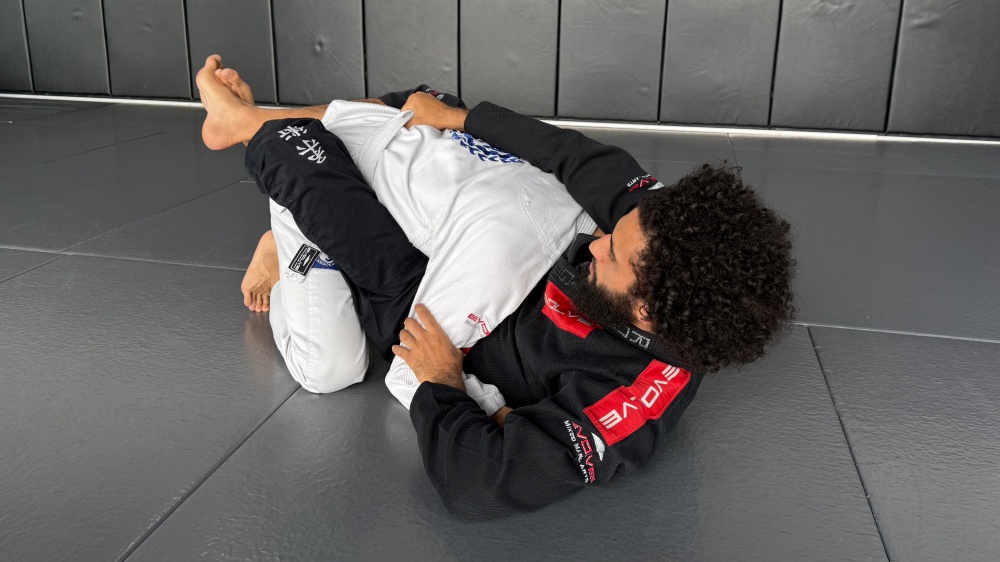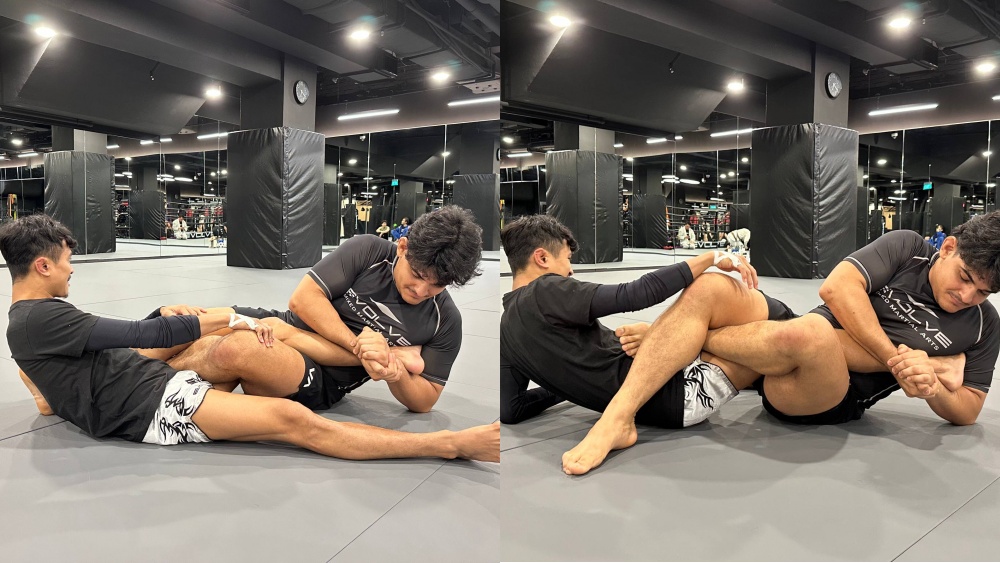Sleep is a critical component of overall health, yet many struggle to get quality rest each night. While factors like stress and the distractions of the modern world can affect sleep, nutrition plays an important role in how well you sleep. Incorporating specific foods and vitamins that support sleep can help enhance your sleep quality, leading to better health and physical well-being. In today’s article, we will discuss ways to improve sleep using foods and vitamins.
Understanding The Link Between Diet And Sleep
The connection between what you eat and how you sleep is influenced by various biochemical processes in the body. Foods impact the production of hormones and neurotransmitters like melatonin and serotonin, which regulate sleep. Nutrient intake affects these compounds directly and indirectly, thus influencing sleep patterns and quality.
Sleep is a somewhat mysterious aspect of our lives, but the value of proper sleep is undeniable. Regardless of age, background, and level of physical activity, getting the necessary hours of sleep can definitely enhance overall quality of life. This is especially the case for busy people who require hours of essential recovery. Enhancing one’s sleep is honestly a pretty broad topic to go over. For now, we will only talk about foods and nutrients that can impact sleep.
Foods That Promote Better Sleep
- Almonds: Almonds are rich in magnesium, essential for muscle relaxation and de-stressing. Magnesium also helps reduce the stress hormone cortisol, which can disrupt sleep.
- Turkey And Chicken: These sources of tryptophan aid in serotonin production. Serotonin is not only good for mood regulation but also crucial for sleep quality as it helps produce melatonin.
- Kiwi: Studies suggest that kiwis, rich in antioxidants and serotonin, can significantly shorten the time it takes to fall asleep when eaten before bed.
- Fatty Fish: Omega-3 fatty acids in fatty fish can boost serotonin production, while vitamin D in these fish helps regulate sleep patterns.
- Cherries: As natural sources of melatonin, cherries, especially tart cherries, increase melatonin levels in the body, improving sleep duration and quality.
Foods That Deter Good Sleep
It is known that some foods can enhance sleep quality, while others can significantly harm it. Understanding which foods to avoid before bedtime can be just as crucial for achieving restful sleep. Here are five types of foods that are best avoided close to bedtime:
1) Caffeinated Products
Caffeine is a stimulant found in coffee, certain teas, chocolate, and many soft drinks. It can significantly hinder your ability to fall asleep because it stimulates the nervous system and can remain in the body for several hours, sometimes up to 5-6 hours after consumption.
2) Spicy Foods
Eating spicy foods right before bedtime can lead to discomfort and indigestion. Capsaicin, which makes food spicy, can cause heartburn and elevate body temperature, both of which can prevent you from falling asleep easily.
3) High-Fat And High Sugar Foods
Foods high in fat can be hard to digest and might lead to a restless night due to discomfort and acid reflux. High-fat meals require more work from your digestive system and thus can keep you awake or disrupt your sleep with discomfort.
Consuming a lot of sugar before bed can cause fluctuations in blood sugar levels. These fluctuations can pull you out of the deep, restorative stages of sleep, causing you to wake up feeling unrested.
While alcohol might initially make you feel drowsy and can cause an early onset of sleep, it is often disruptive later in the night as it metabolizes in your body. Alcohol can reduce REM sleep, the stage of sleep that is important for memory and learning.
Incorporating knowledge of foods that deter sleep into your dietary choices can greatly enhance your ability to get a full, uninterrupted night’s rest. By avoiding these foods and beverages in the hours leading up to bedtime, you can improve the quantity and quality of your sleep.
- Vitamin D: Vitamin D deficiency has been linked with shorter sleep duration. This vitamin, which can be sourced from sunlight and fatty fish, helps in serotonin production.
- Magnesium: Known for its relaxation properties, magnesium can be found in leafy greens, nuts, seeds, and whole grains. It’s vital for brain function and heart health and helps quiet the nervous system, conducive to restful sleep.
- B Vitamins: Vitamin B6, in particular, is crucial for converting tryptophan into serotonin. Avocados, bananas, and pistachios are excellent sources.
Benefits Of Proper Sleep And Rest In Martial Arts Training
Proper sleep is crucial for success in martial arts as it affects several aspects of training and performance. Sleep boosts physical recovery by allowing the body to repair tissues and grow muscles, which is essential after hard training sessions. This not only helps in maintaining peek performance, but also prepares the body for future workouts.
Cognitive functions significantly benefit from adequate rest. A well-rested mind can better learn, retain, and apply martial arts techniques and strategies, crucial for mastering the sport.
Sleep also influences weight management by regulating appetite-affecting hormones, which is particularly important for athletes competing in weight-specific categories. Furthermore, adequate rest is linked to improved cardiovascular health and increased energy levels, boosting stamina and endurance during long training sessions and competitions.
Integrating proper sleep into a martial arts training regimen enhances not just physical abilities but also mental and emotional well-being. This ensures that practitioners can train effectively and achieve their best performance.
Conclusion
Optimizing one’s diet is a vital piece of the puzzle for people of all walks of life. As we go about life, being able to recharge effectively is always a gift. If you are looking to improve your sleep, we encourage you to review the tips we mentioned above. They are easy to implement and will go a long way!
You may also like:
Why Martial Artists Need A Strong Core: 4 Best Exercises For Functional Strength

















